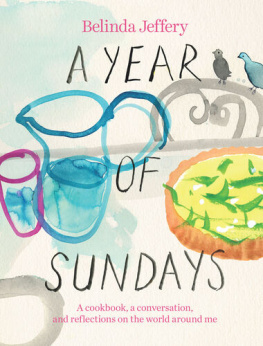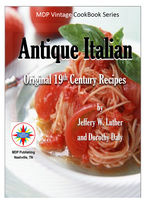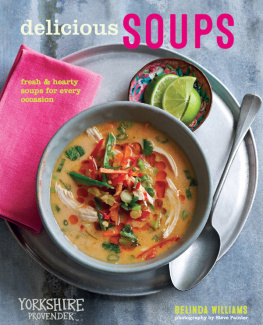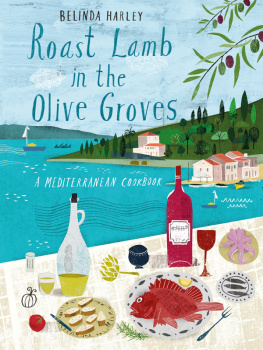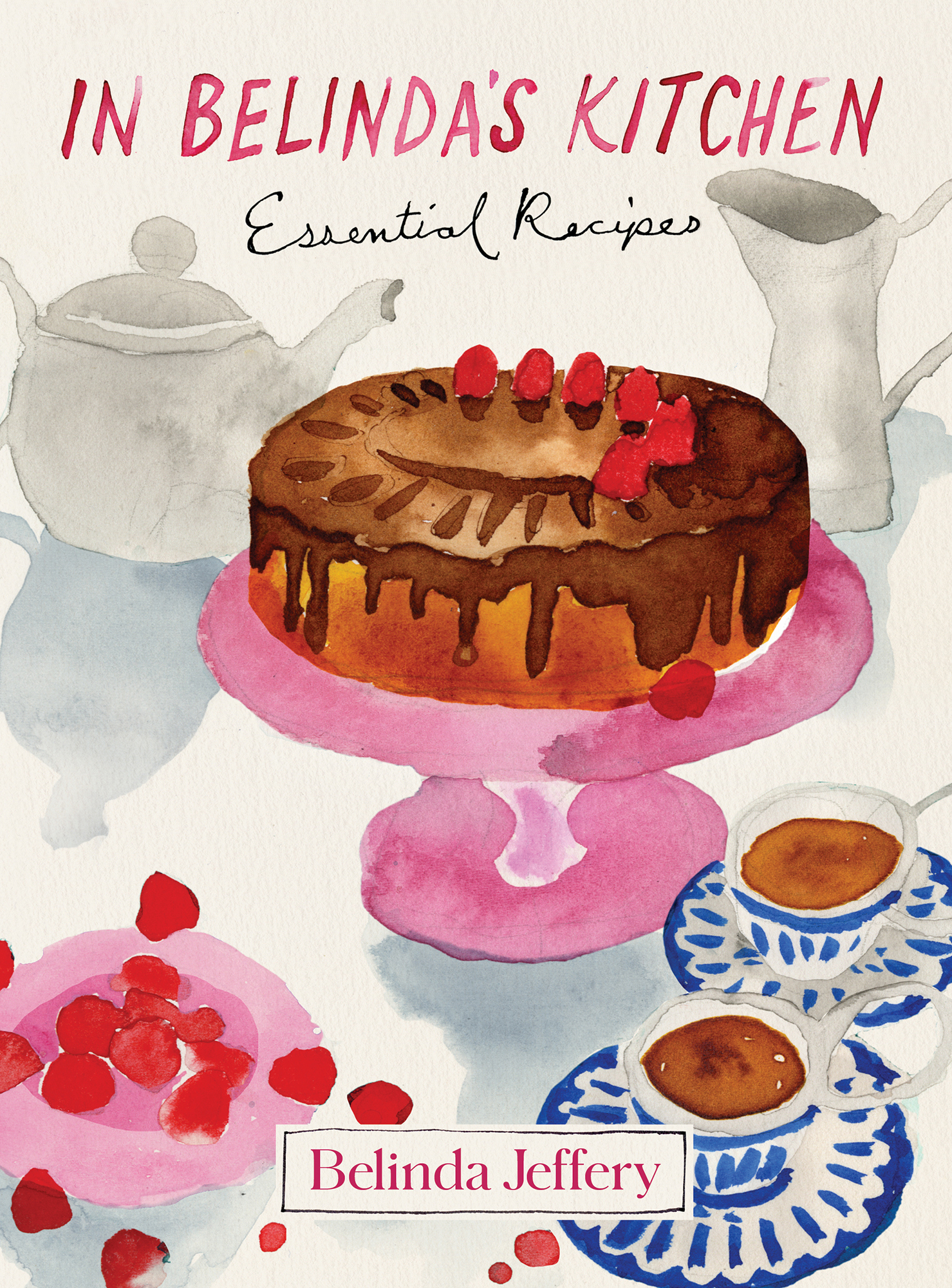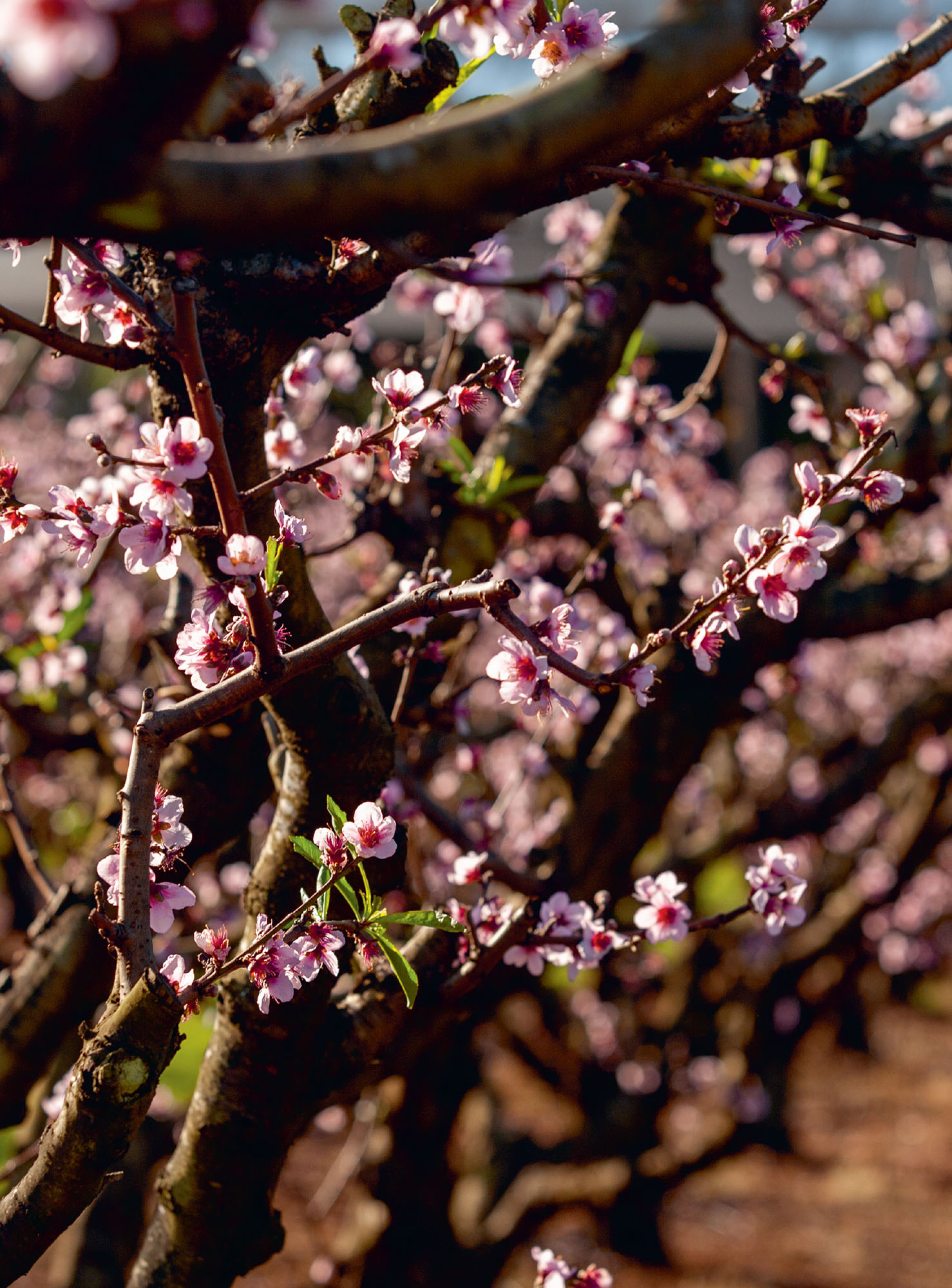Contents
Guide
In Belindas Kitchen
Essential Recipes
Belinda Jeffery
Introduction
Every recipe has a story to tell about its history, culture, background and its place in our lives where and when we first tasted it, who cooked it, who we shared it with. The recipes in this book are those of my history they originated with family, friends and the talented colleagues Ive had the privilege to work with over my many years in the hospitality industry. For me, they tell a story of family and friendship and they hold a special place in my heart.
Most of them come from the first two books I wrote in the early 2000s Belinda Jefferys 100 Favourite Recipes and Belinda Jefferys Tried-and-True Recipes and were the sum total of everything Id learnt to that point about food and cooking. I poured my heart and soul into honing them and cut my book-writing teeth on them.
Of course, over time, as my cooking has evolved, so too have these recipes. I might add more spice here, less sugar there, use a slightly lighter hand, or an ingredient that just wasnt widely available back then. Its been really wonderful for me to re-visit them, and has made me realise that delicious food and recipes never grow old. They might need a polish now and again, but the bones are always good.
These are the recipes I make time and again and it gives me so much joy to see them back out in the world. I hope you enjoy them and would love to think that they become a part of your family history too.
Belinda 
Taste and Balance
I think the most important thing to keep in mind when youre cooking is that, first and foremost, food must taste good. I know it sounds blindingly obvious, but in an age when style tends to take precedence over substance, we do all need a gentle reminder about this every so often. Yes, by all means it should be a visual treat too, but quite honestly, some of the best dishes I make are never going to look all that gorgeous, yet it would be a terrible thing not to cook them just because they didnt look the part.
The next most important thing to keep in mind when youre cooking is to taste things as you go. Fresh produce varies all the time. The eggplant you use may be different from mine, the oranges you buy might be sharper this week than last, the anchovies saltier, the cheese softer, and so on. And that doesnt begin to take into account personal preference. I tend to use quite a lot of salt in my cooking, but to some people it may seem that Im going completely over the top. So the only way to really work out what you want and what you like is to taste as you go. If something needs a bit of a lift, add a big squeeze of lemon juice; if its not sweet enough, sprinkle in a little more sugar; if its a bit flat, spike it up with some herbs and salt; if youre out of white wine, add a splash of red. This way you begin to trust yourself to balance the flavours. After all, youre the one whos going to eat it.
Cooking to suit your personal taste can be a very liberating thing to do. A recipe becomes no longer something thats written in stone but purely a guide to get you under way. What youll find when you start to think like this is that cooking becomes so much more creative and much more fun. Sure, every dish isnt going to work all the time (it certainly doesnt for me), but it will rarely be so bad that its inedible, and youll learn something for next time.
The only recipes you need to be a little careful with are those for baked foods such as cakes, biscuits, breads and some desserts. You can often adjust flavours in these recipes with no problem at all for example, swap cherries for raspberries, make a coffee rather than chocolate version, or add extra nuts. But its not a good idea to get too carried away with altering the proportions of flour, raising agents and so on, until you really have a feel for the recipe. The more you bake, the more confident youll become making changes, but just take it slowly to begin with.
Ingredients
As I think about my favourite recipes, I cant help but notice that I use certain ingredients over and over again when Im cooking. I really do try hard not to use too many unusual or difficult-to-find foods, as I think theres nothing as frustrating as having a recipe you want to make and then realising that either a) you have to trek all over the countryside to find the ingredients, or b) where you live, its highly unlikely that youll be able to find them anyhow. So all Im going to do is put down a few here that I think are really the most important the special ingredients that can lift a simple dish and transform it into something quite out of the ordinary.
Extra-virgin olive oil
Theres nothing quite like extra-virgin olive oil, and I use it day in, day out when Im cooking. Olive oils vary enormously in flavour, colour and strength, so, if you can, experiment with different ones. Youll find that there are rich, fruity oils; stronger, grassy, pungent ones; smooth, delicate oils with a soft finish; and occasionally some truly awful ones that are not so much peppery as acrid, and almost burn your mouth when you swallow them. The only way you can really tell what you like is to try them.
If you can, keep a couple of different olive oils on hand. The softer ones are great for cooking, the wonderfully fruity ones, with their rich olive flavour, are best savoured simply by dribbling a little over salad or swirling them into a soup, risotto or pasta at the last minute. Just one thing, though: as far as salad dressings and mayonnaises go, I nearly always break the extra-virgin oil down with a milder oil such as regular olive or peanut oil, otherwise the flavour can be just a little too intense.
Balsamic vinegar
Like olive oil, there are many sorts of balsamic vinegar. They can range from incredibly rich, almost liqueur-like liquids that you need to add drop by drop to a dish because the flavour is so intense, to cheap commercial vinegars that are about as closely related to real balsamic as chalk is to cheese. And, just like olive oil, the only way to know what you like is to try them. The really aged balsamic vinegars are extraordinary and, like fine wines, are understandably expensive. But theres a broad middle range of vinegars that add a complex, sweetsavoury note to dishes, and they wont cost you an arm and a leg.

